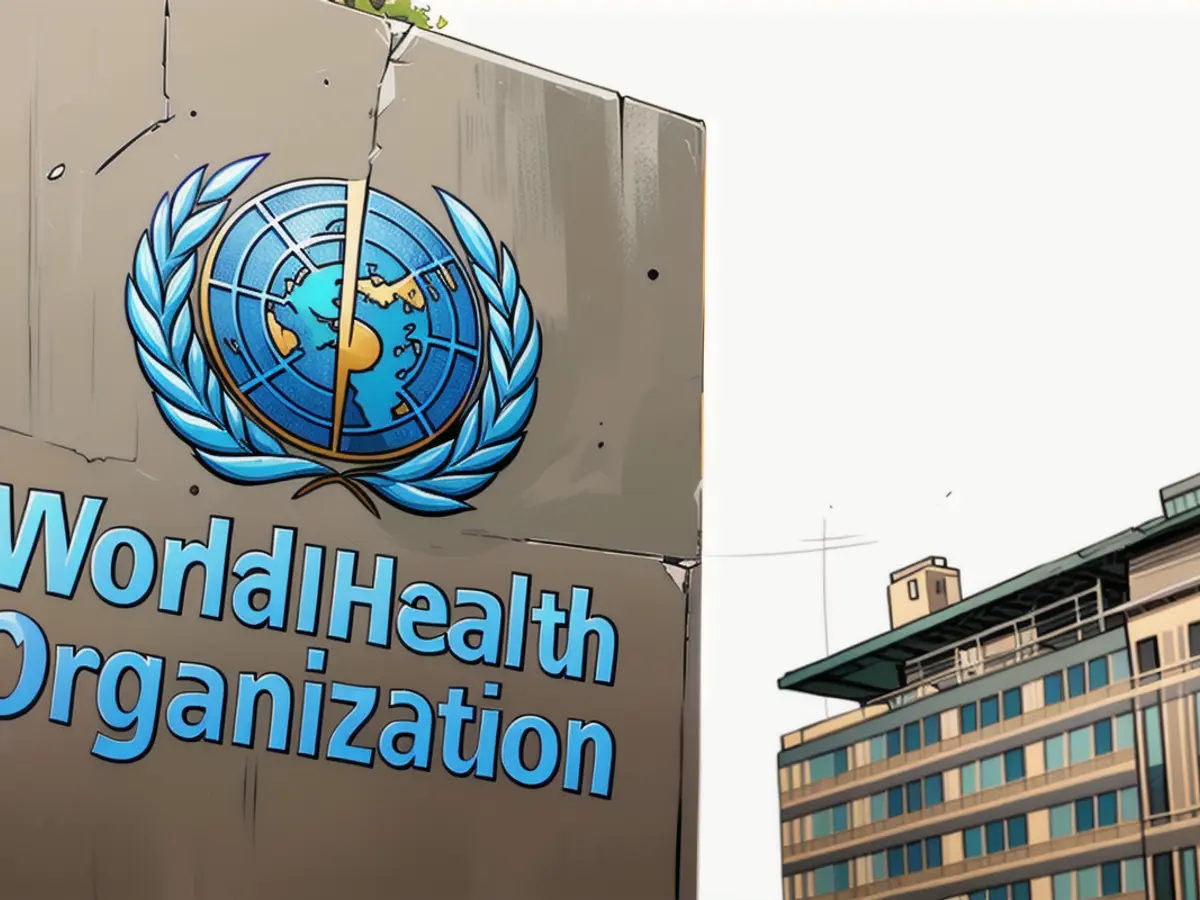Wellness and Healing - The WHO gathering begins without achieving a consensus on a pandemic treaty.
During the 77th annual World Health Organization (WHO) gathering in Geneva, 194 member states are working to establish guidelines for the organization's priorities over the next four years, centered around "Health for All - Health for Everyone." Kicking off on Monday, the assembly serves as the highest decision-making body for the WHO. Major topics on the agenda involve eradicating malaria by 2030 and combating the sharp rise of antibiotic-resistant organisms, which pose a threat to countless patients worldwide. German Health Minister Karl Lauterbach (SPD) was in attendance at the event's inception in Geneva.
The assembly's anticipated highlight, a formal signing ceremony for a pandemic treaty, has been scrapped due to a lack of consensus on a universally agreeable text after two years of lengthy negotiations. Key points of contention included the equitable distribution of resources (e.g., PPE, medication, and vaccines) during pandemics. In lieu of this event, the gathering will determine how to move forward with the ongoing negotiations.
Drawing Lessons from COVID-19
Lessons are intended to be learned from the global Coronavirus pandemic. Initially, a reform of the International Health Regulations (IHR) was on the brink of being approved and was set to be implemented during the meeting. The IHR encompasses binding rules and obligations for the member states to adhere to in the face of potential health threats. These measures aim to prevent or manage the propagation of diseases across national borders. Examples include the mandate to monitor diseases and promptly report any unusual developments to the WHO.
Clarity in Crises
The Coronavirus pandemic has exposed global flaws within the current system. The WHO is currently only capable of declaring a "public health emergency of international concern" as its top alert status. Explicit mention of the term "pandemic" is sorely missing from the health regulations. This is set to be corrected. Furthermore, regular evaluations will be conducted to ensure countries are adequately prepared for potential crises.
Read also:
- This will change in December
- Dikes withstand water masses so far - Scholz holds out the prospect of help
- Fireworks and parties ring in 2024 - turn of the year overshadowed by conflicts
- Attacks on ships in the Red Sea: shipping companies avoid important trade route
- Despite the absence of a consensus on a pandemic treaty at the Annual General Meeting of the World Health Organization (WHO) in Geneva, international conferences on health and science will continue to address challenges like eradicating malaria and combating antibiotic-resistant organisms.
- German Health Minister Karl Lauterbach (SPD) attended the start of the WHO gathering in Geneva, hoping to contribute to discussions on global health issues, including Coronavirus and other diseases.
- Regrettably, the anticipated signing ceremony for a pandemic treaty at the WHO conference in Geneva was canceled due to disagreements on the equitable distribution of resources during pandemics, such as Personal Protective Equipment (PPE), medication, and vaccines.
- This year's WHO assembly in Switzerland will focus on finding alternative ways to proceed with ongoing negotiations on the pandemic treaty, aiming to ensure an equitable distribution of critical resources during future health crises.
- In light of the Coronavirus pandemic, the World Health Organization plans to revise the International Health Regulations (IHR), which govern member countries' responsibilities in potentially threatening health situations, by providing clearer guidelines and evaluations for crisis preparedness.
- During the WHO gathering, health ministers from around the world will discuss the need for a more comprehensive and universally understood definition of pandemics to better prepare for future health crises and improve the organization's crisis response capabilities.
- With Karl Lauterbach's (SPD) presence at the WHO gathering in Geneva, the SPD and German government will advocate for fair resource distribution and stronger international cooperation during pandemics, making significant contributions to ongoing global health dialogues.
Source: www.stern.de







